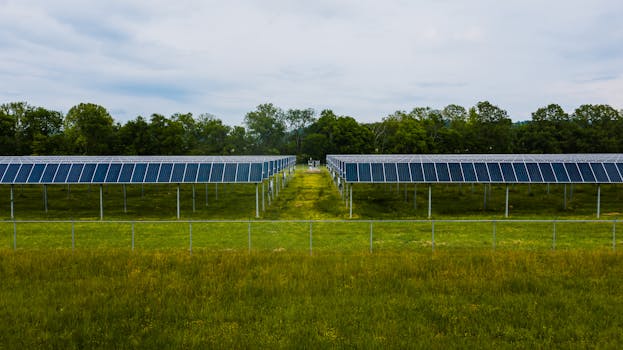
Sustainable Cities: How Europe is Shaping Eco-Friendly Lifestyles by 2025
Sustainable cities are the future, and Sustainable Cities are at the forefront of this movement. As the world grapples with the challenges of climate change, environmental degradation, and social inequality, European cities are taking bold steps to create a better future for their citizens. In this article, we will explore how Europe is shaping eco-friendly lifestyles by 2025, and what this means for the future of urban development.
Introduction to Sustainable Cities

Sustainable cities are designed to minimize their impact on the environment while promoting the well-being of their citizens. This is achieved through a range of strategies, including the use of renewable energy, green infrastructure, and sustainable transportation systems. European cities are leading the way in this field, with many cities setting ambitious targets to become carbon neutral by 2025.
Green Infrastructure and Renewable Energy

Green infrastructure is a key component of sustainable cities, providing a range of benefits including reduced air pollution, improved mental health, and increased biodiversity. European cities are investing heavily in green infrastructure, with many cities creating extensive networks of parks, green roofs, and urban forests. Renewable energy is also playing a crucial role in sustainable city development, with many cities transitioning to 100% renewable energy sources.
Sustainable Transportation Systems

Sustainable transportation systems are essential for reducing carbon emissions and improving air quality in urban areas. European cities are promoting sustainable transportation options, including walking, cycling, and public transport. Many cities are also investing in electric and hybrid vehicles, and implementing congestion charging schemes to reduce traffic congestion and encourage the use of sustainable transportation modes.
Eco-Friendly Lifestyles

Eco-friendly lifestyles are a key component of sustainable cities, and European cities are promoting a range of initiatives to encourage citizens to live more sustainably. This includes promoting sustainable food systems, reducing waste, and increasing recycling rates. Many cities are also implementing education and awareness programs to promote sustainable lifestyles and encourage behavioral change.
Conclusion

In conclusion, European cities are leading the way in sustainable city development, promoting eco-friendly lifestyles, and reducing carbon footprint by 2025. Through the use of green infrastructure, renewable energy, and sustainable transportation systems, cities are creating a better future for their citizens. As the world continues to urbanize, the importance of sustainable cities will only continue to grow, and Europe is well-placed to remain at the forefront of this movement.




